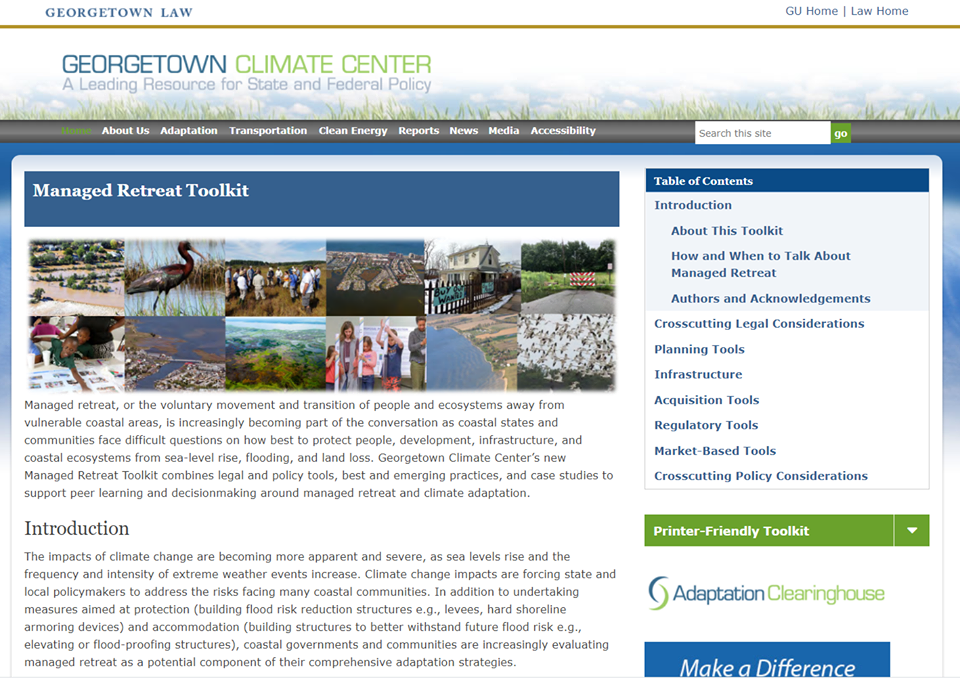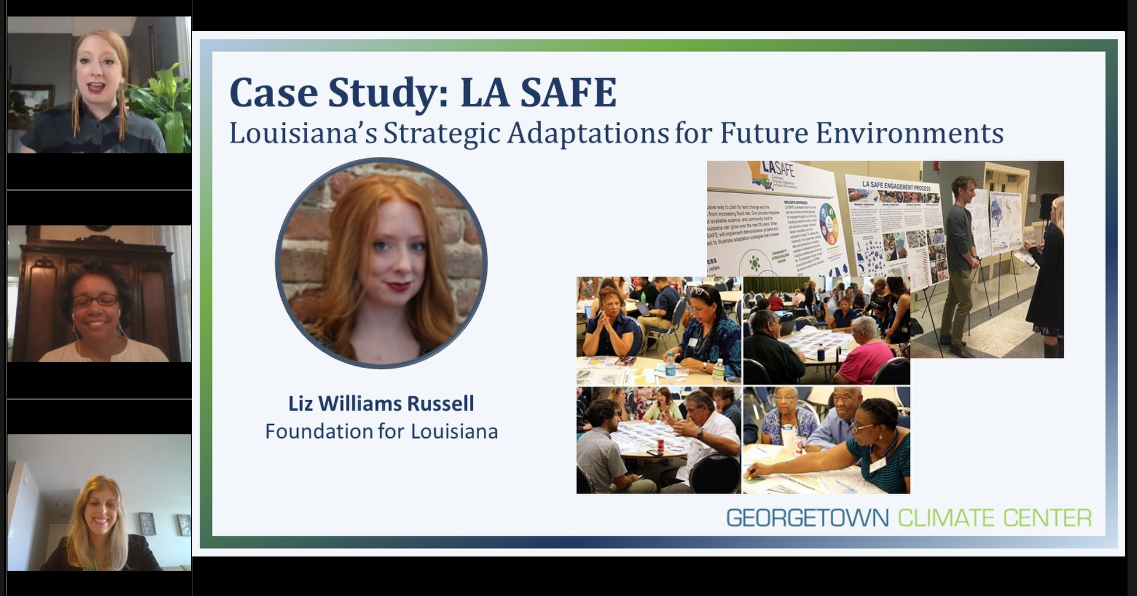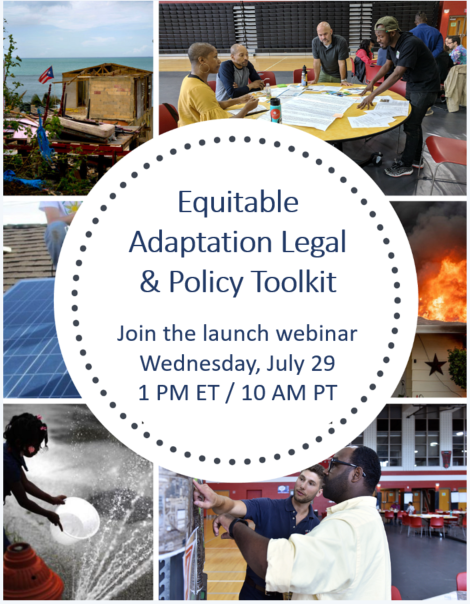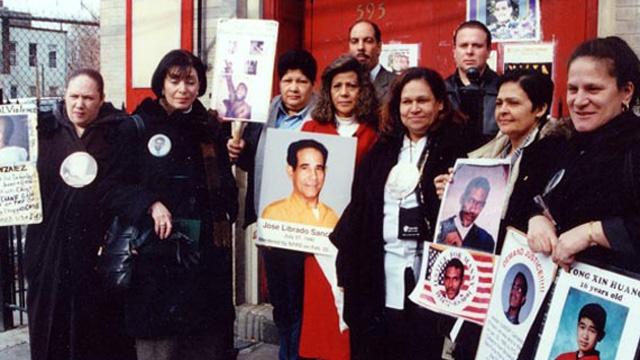Nation’s Oldest and Largest Latino Civil Rights
Organization Goes Inside Arkansas Meat Processing Facility to See Worker
Conditions
WASHINGTON - The League of
United Latin American Citizens (LULAC) today announced that it held the
first round of face-to-face talks with Tyson Foods as well as completed a
walk-through of the company’s facility in Springdale, Arkansas to see what
steps were being taken to protect worker safety amid the COVID-19 pandemic.
“The enemy here is the
coronavirus,” says Domingo Garcia, National President of LULAC. “We
traveled to the headquarters of Tyson Foods to make it clear to the company
that nothing is more important to LULAC than worker safety. We went inside
one of their biggest plants in the country ourselves to observe and talk to
employees to find out what the company is doing to fight the virus that is
infecting Juan y Maria, our nation’s essential workers in the meatpacking
industry.”
By touring the Berry Street
plant, LULAC was able to see the investment that Tyson has been making to
create a safe working environment for its employees, as well as the efforts
underway to protect the health and safety of its workers.
The LULAC team met with Noel
White, CEO of Tyson Foods, who reviewed specific operational actions taken
by the company as COVID-19 began to sweep across the United States. LULAC
also learned of other changes being made in response to the influx of new
information about the virus. Garcia spoke with White about a series of
community demands centered around five areas of concern: regular free
testing of all workers for COVID-19, complete personal protection
equipment, line speed to labor adjustments, compensation for infected
workers undergoing care, and assistance to families who have lost loved
ones to the coronavirus.
After evaluating the
preexisting safety protocols, the LULAC team left feeling optimistic about
the success of those endeavors. Some of those standards were closely
related to the community demands outlined by Garcia, including screenings
upon plant entry, temperature checks for employees, ubiquitous in-language
signage, an obligatory mask policy, social distance marker placements,
dedicated cleaning for common areas, and hands-free water and sanitizer
stations.
Furthermore, Tyson spoke to
the LULAC team about their ongoing efforts to make Tyson Foods’ plants
safer. Some of those efforts involve COVID-19 onsite testing, contact
tracing and health support, research and development for superior
ventilated masks, over $100 million in bonus pay, hunger relief, and
infrastructure across Tyson plants, and cooperation with local health
agencies enabling Tyson to go beyond the CDC and OSHA’s recommended
procedures.
“LULAC’s number one priority
is taking every action we can to protect tens of thousands of workers to
the fullest extent possible with what we know about the virus. It appears
Tyson is making significant changes and investments to improve worker
safety and America’s food supply. LULAC will work with Tyson Foods and other
meat processing companies to help save as many people as possible from
COVID-19. We are going to do what LULAC has done for 91 years: get the job
done."
# # #
About
LULAC
The League of United Latin American Citizens (LULAC) is the nation’s
largest and oldest civil rights volunteer-based organization that empowers
Hispanic Americans and builds strong Latino communities. Headquartered in
Washington, DC, with 1,000 councils around the United States and Puerto
Rico, LULAC’s programs, services and advocacy address the most important
issues for Latinos, meeting critical needs of today and the future. For
more information, visit www.LULAC.org.
|














